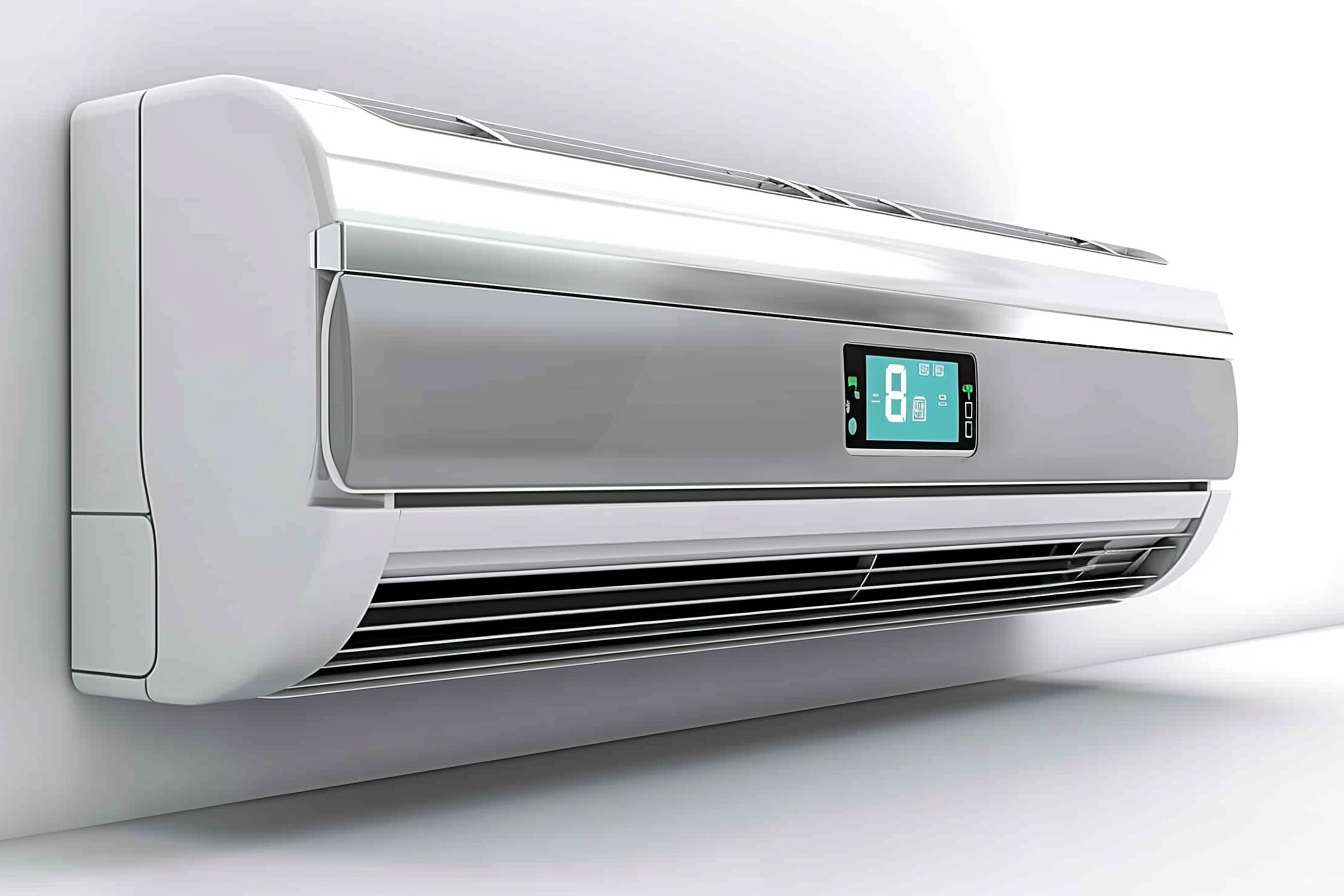Medical Assistant Training: Your Gateway to a Rewarding Healthcare Career
Medical assistant training is a crucial stepping stone for those looking to enter the healthcare field. As the demand for healthcare services continues to grow, medical assistants play an increasingly vital role in supporting doctors, nurses, and other healthcare professionals. This comprehensive training prepares individuals to handle both clinical and administrative tasks, making them invaluable members of any medical team.

-
Medical terminology: Learning the language used in healthcare settings.
-
Clinical procedures: Mastering tasks like taking vital signs, administering injections, and assisting with examinations.
-
Administrative skills: Developing proficiency in medical billing, coding, and record-keeping.
-
Laboratory techniques: Gaining experience in basic lab procedures and specimen collection.
-
Patient care and communication: Honing interpersonal skills to interact effectively with patients and colleagues.
These comprehensive programs aim to produce well-rounded professionals capable of handling the multifaceted nature of medical assisting.
How Long Does Medical Assistant Training Take?
The duration of medical assistant training can vary depending on the program and educational institution. Generally, there are three main pathways:
-
Certificate programs: These typically take 9-12 months to complete and focus on essential skills needed for entry-level positions.
-
Diploma programs: Usually lasting 12-18 months, these offer a more in-depth curriculum than certificate programs.
-
Associate degree programs: Taking about two years to complete, these provide the most comprehensive education and may include general education courses.
The choice of program often depends on individual career goals, time constraints, and financial considerations.
What Are the Career Prospects for Trained Medical Assistants?
The job outlook for medical assistants is quite promising. According to the U.S. Bureau of Labor Statistics, employment of medical assistants is projected to grow 16% from 2021 to 2031, much faster than the average for all occupations. This growth is driven by several factors:
-
An aging population requiring more medical services
-
Technological advancements in healthcare
-
Increased emphasis on preventive care
-
The need for cost-effective healthcare delivery
Trained medical assistants can find employment in various settings, including:
-
Physicians’ offices
-
Hospitals
-
Outpatient care centers
-
Specialty clinics
-
Nursing homes
-
Rehabilitation facilities
How Much Does Medical Assistant Training Cost?
The cost of medical assistant training can vary significantly depending on the type of program and the institution offering it. Here’s a general overview of the costs associated with different types of programs:
| Program Type | Provider Example | Cost Estimation |
|---|---|---|
| Certificate Program | Community College | $2,500 - $10,000 |
| Diploma Program | Vocational School | $5,000 - $15,000 |
| Associate Degree | State University | $10,000 - $30,000 |
Prices, rates, or cost estimates mentioned in this article are based on the latest available information but may change over time. Independent research is advised before making financial decisions.
It’s important to note that these costs often include tuition, fees, and sometimes textbooks and supplies. However, additional expenses such as living costs, transportation, and potential certification exam fees should also be considered when budgeting for medical assistant training.
What Certifications Can Medical Assistants Pursue?
While certification is not always required for employment, many employers prefer or require certified medical assistants. Some popular certifications include:
-
Certified Medical Assistant (CMA) from the American Association of Medical Assistants (AAMA)
-
Registered Medical Assistant (RMA) from American Medical Technologists (AMT)
-
National Certified Medical Assistant (NCMA) from the National Center for Competency Testing (NCCT)
These certifications often require completing an accredited program and passing an exam. They can enhance job prospects and potentially lead to higher salaries.
Medical assistant training provides a solid foundation for a rewarding career in healthcare. With comprehensive education in both clinical and administrative skills, trained medical assistants are well-equipped to make significant contributions to patient care and healthcare operations. As the healthcare industry continues to evolve, the role of medical assistants is likely to become even more crucial, making this career path an excellent choice for those passionate about healthcare and patient service.






